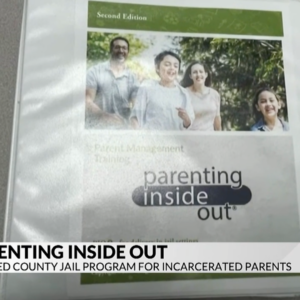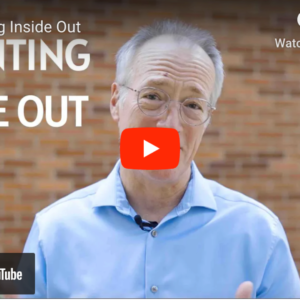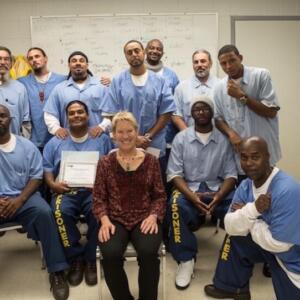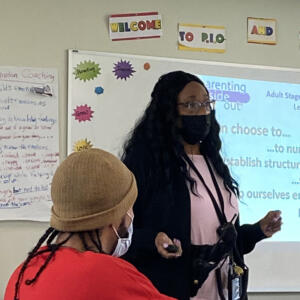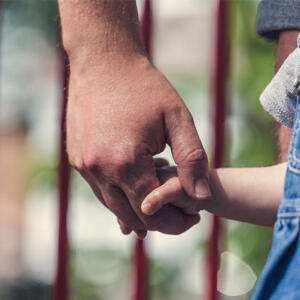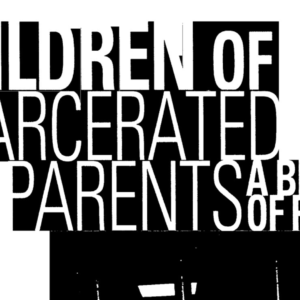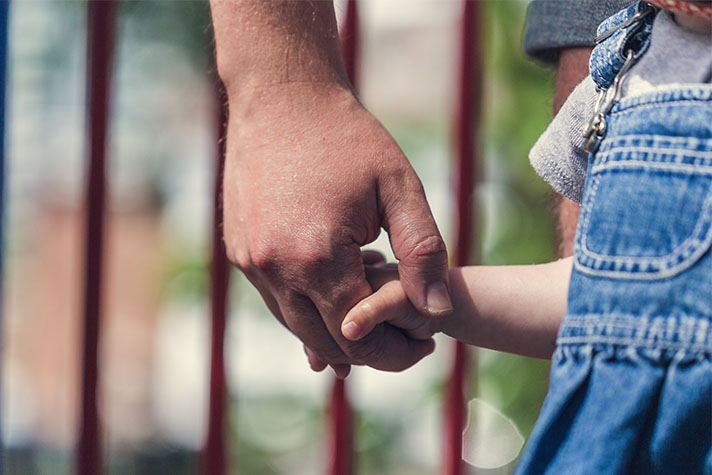 Supporting Incarcerated Parents and Children: An Implementation Toolkit for Parenting Inside Out in Prisons
Supporting Incarcerated Parents and Children: An Implementation Toolkit for Parenting Inside Out in Prisons Children of Incarcerated Parents Bill of Rights
In 2003, the San Francisco Partnership for Incarcerated Parents published the following Bill of Right for children of incarcerated parents. The Bill of Rights recognizes that children’s needs extend well beyond physical comfort and security. This bill of rights is based on work originally done by Gretchen Newby of Friends Outside, a California organization that addresses the special needs of families affected by incarceration. The following are excerpted from Children of Incarcerated Parents: A Bill of Rights.
1. I have the right to be kept safe and informed at the time of my parent’s arrest.
Many children of incarcerated adults are introduced to the criminal justice system when their parent is arrested. The majority of police and sheriff’s departments do not have protocols for protecting the children of arrested parents; in too many cases, the resulting experience is terrifying and confusing for the children left behind.
2. I have the right to be heard when decisions are made about me.
When a parent is arrested, children often feel alienated by the events that swirl around them. Adults they have never met remove their parents with little explanation, then decide where the children will go without consulting them.
3. I have the right to be considered when decisions are made about my parent.
Ask the child of an incarcerated mother what might have improved his life and his prospects and you’re likely to hear some version of this answer: “Help for my mom.” Even after years of trauma and abandonment, young people are likely to see their parents as troubled and in need of support.
4. I have the right to be well cared for in my parent’s absence.
When a child loses a single parent to incarceration, she also loses a home. In the most extreme cases, children may wind up fending for themselves in a parent’s absence.
5. I have the right to speak with, see and touch my parent.
Visiting an incarcerated parent can be difficult and confusing for children. If the parent is in a county jail, the child may have to talk to them on a staticky telephone and look at him through scratched Plexiglas. If they are in prison, the child may have to travel a long distance to spend a few hours in a visiting room full of other incarcerated adults and their families.
6. I have the right to support as I struggle with my parent’s incarceration.
Children whose parents are imprisoned carry tremendous burdens. Not only do they lose the company and care of a parent, they also must deal with the stigma of parental incarceration and fear for their parent’s safety and well-being. Researchers who have interviewed children of incarcerated parents have found that they are more likely to experience depression, anger and shame.
7. I have the right not to be judged, blamed or labeled because of my parent’s incarceration.
Incarceration carries with it a tremendous stigma. Because young children identify with their parents, they are likely to internalize this stigma, associating themselves with the labels placed upon their parents and blaming themselves for their parents’ absence.
8. I have the right to a lifelong relationship with my parent.
Separation is hard on families—but so, paradoxically, is reunion. Recently-released prisoners face an obstacle course of challenges and obligations. They must maintain a relationship with a parole or probation officer; find work and housing despite a criminal record; and struggle to rebuild relationships with friends and family.
Losing a parent to incarceration is a life-changing event. Those who work with children impacted by incarceration can use this Bill of Rights to guide policies and procedures that can help to mitigate some of the trauma and can help children develop the resilience to live positive, prosocial lives.
Read the full publication here.
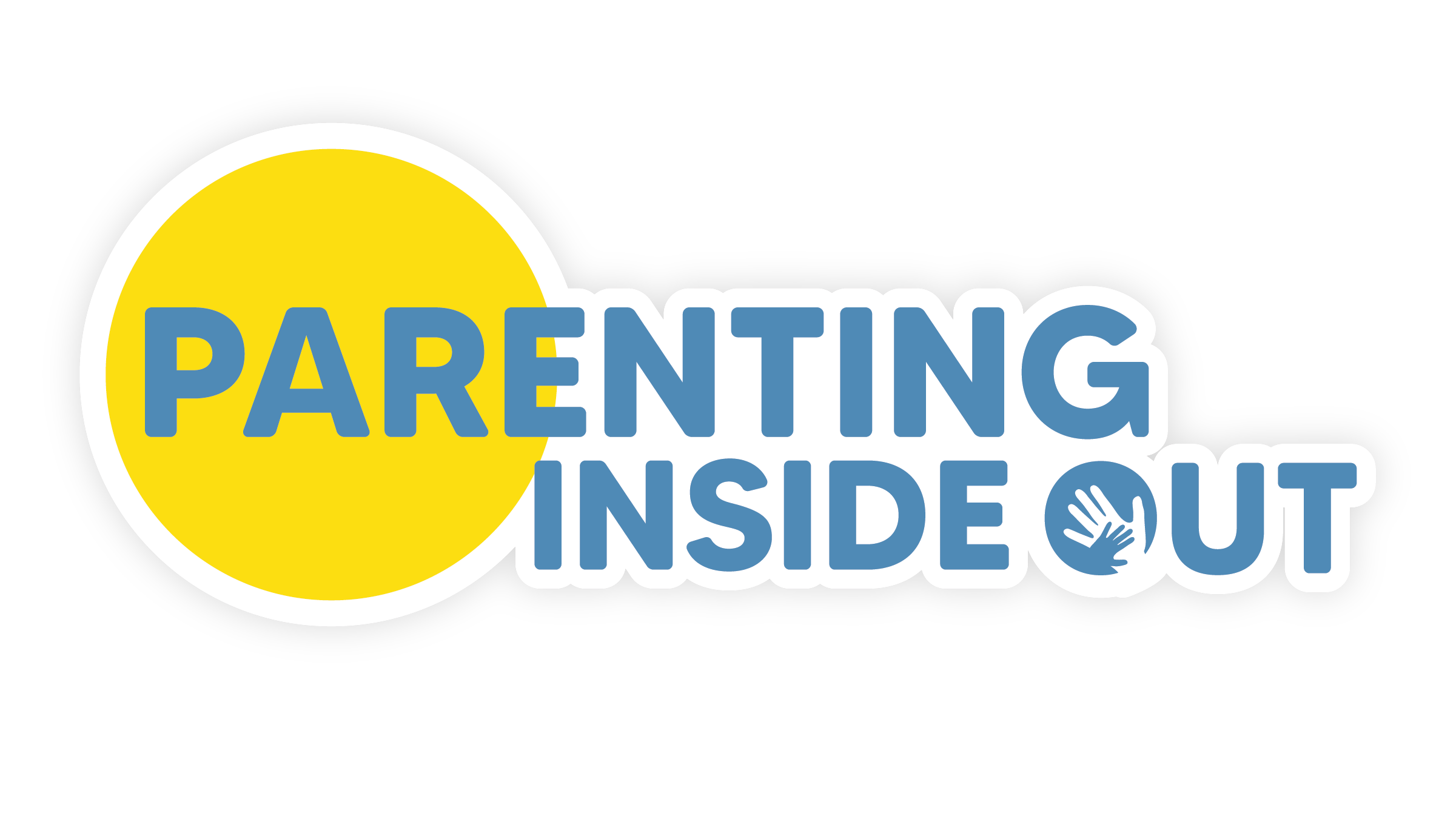
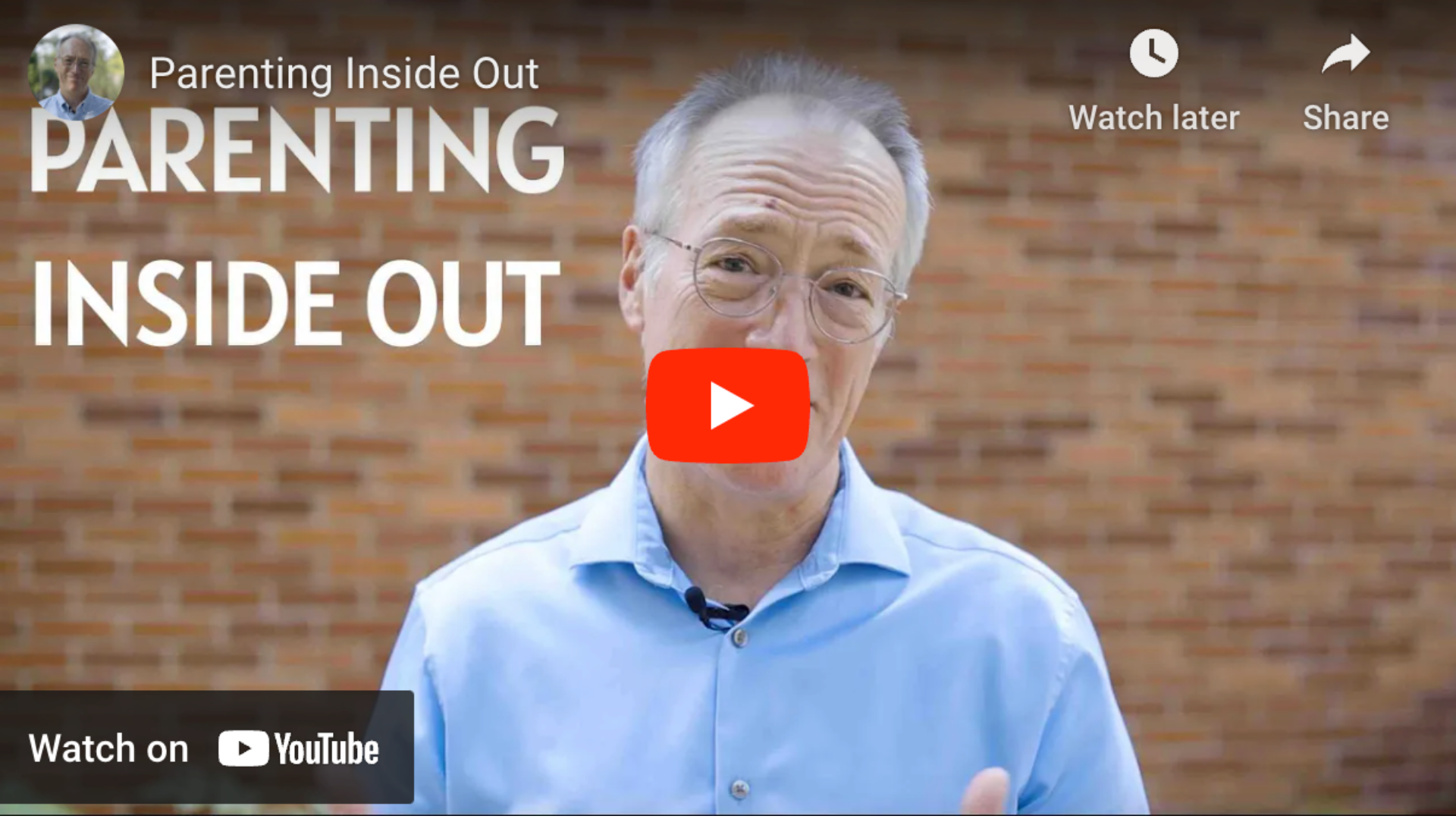 Learn About PIO From J. Mark Eddy
Learn About PIO From J. Mark Eddy 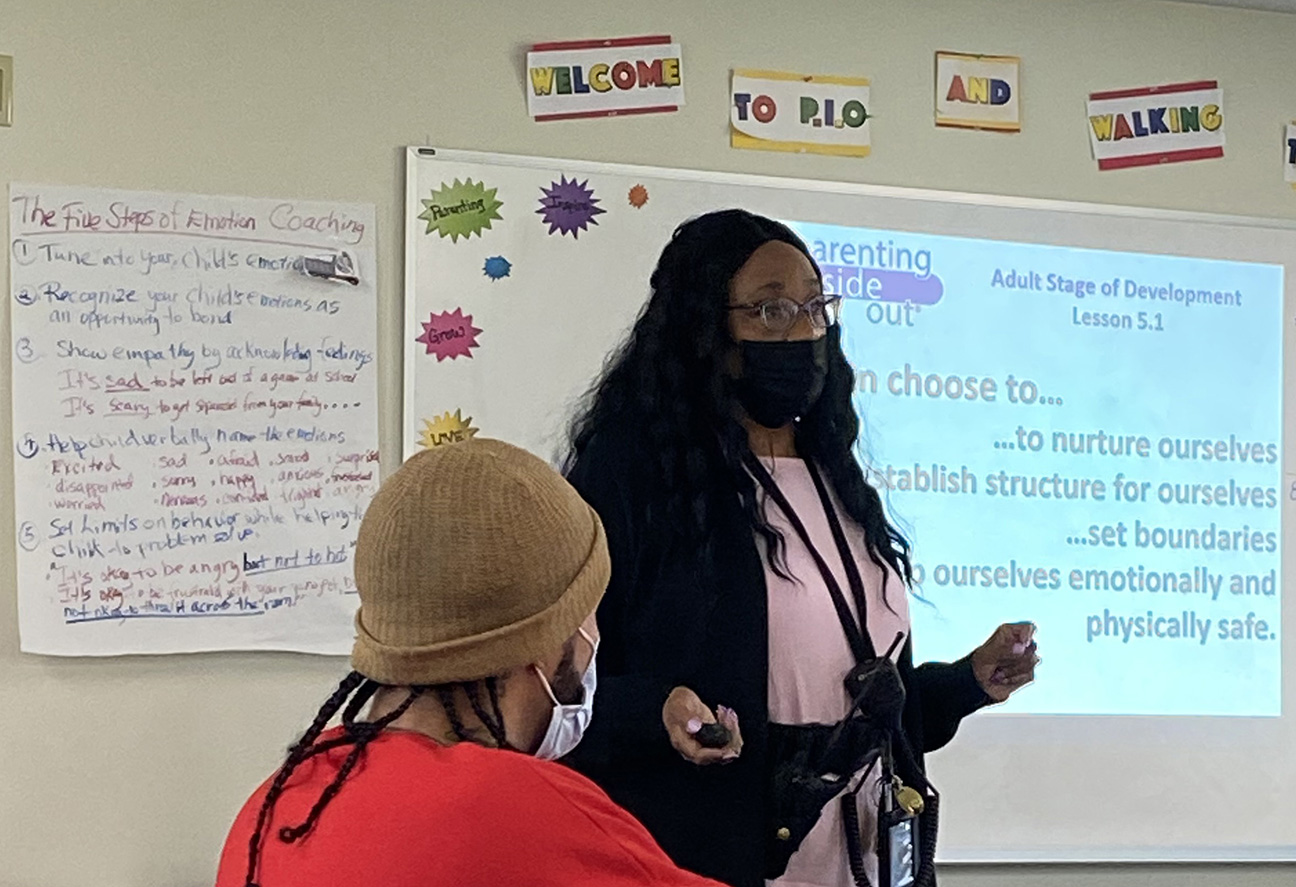 WA DOC: Georgie Brown Fuels Her Passion by Teaching Family Skills
WA DOC: Georgie Brown Fuels Her Passion by Teaching Family Skills 